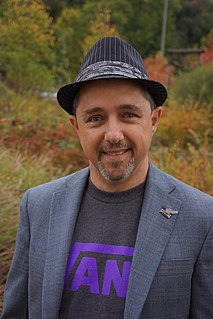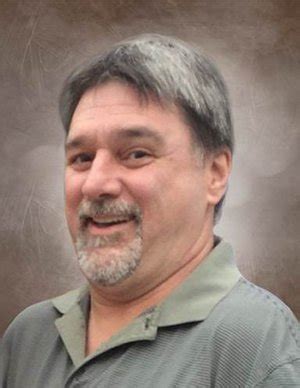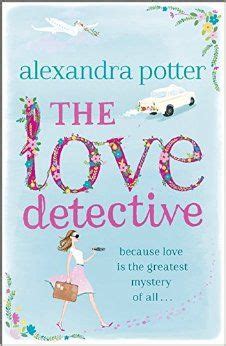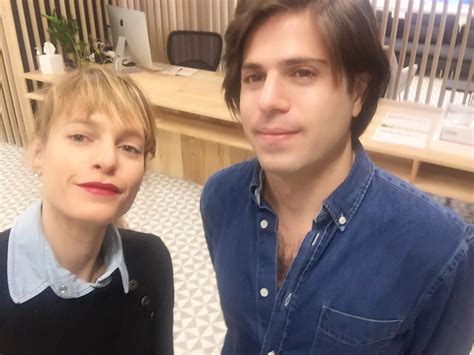A Quote by Deepak Chopra
When we use memories, we are creators. But when our memories use us, we become victims.
Related Quotes
We comfort ourselves by reliving memories of protection. Something closed must retain our memories, while leaving them their original value as images. Memories of the outside world will never have the same tonality as those of home and, by recalling these memories, we add to our store of dreams; we are never real historians, but always near poets, and our emotion is perhaps nothing but an expression of a poetry that was lost.
You have your wonderful memories," people said later, as if memories were solace. Memories are not. Memories are by definition of times past, things gone. Memories are the Westlake uniforms in the closet, the faded and cracked photographs, the invitations to the weddings of the people who are no longer married, the mass cards from the funerals of the people whose faces you no longer remember. Memories are what you no longer want to remember.
I was really interested in this ability for others to create virtual memories for us. In "The Cartographers" I explore this through Adam Woods, and the company he works for, which produces virtual memories that people can beam into their consciousness. While the technology is sci-fi, the story is also a metaphor for the way love relationships create memories in our minds.



































